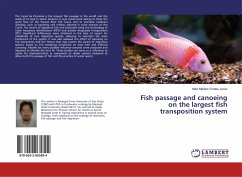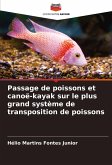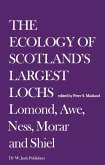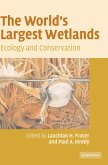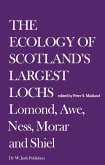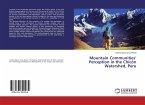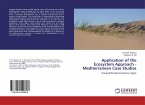The Canal da Piracema is the longest fish passage in the world and the solely of its kind in South America. It was constructed aiming to favor the gene flow of the Paraná River fish fauna and to promote outdoors activities, such as canoeing and rafting, allowed in some sections of the Canal. The ascent of migratory fish was evaluated using the technology of radio frequency identification (RFID) and passive integrated transponders (PIT). Significant differences were obtained in the time of ascent for individuals of two migratory species, allowing to ascertain the main bottleneck of the system. It was also assessed the effect of canoeing on fish movements and the factors that may restrict the ascent of migratory species, based on fish samplings conducted on days with and without canoeing. Models for every possible influence scenario were proposed and adjusted to identify the best fit. These studies can serve as a reference to guide the implementation or assessment of similar systems designed to allow both the passage of fish and the practice of water sports.
Hinweis: Dieser Artikel kann nur an eine deutsche Lieferadresse ausgeliefert werden.
Hinweis: Dieser Artikel kann nur an eine deutsche Lieferadresse ausgeliefert werden.

